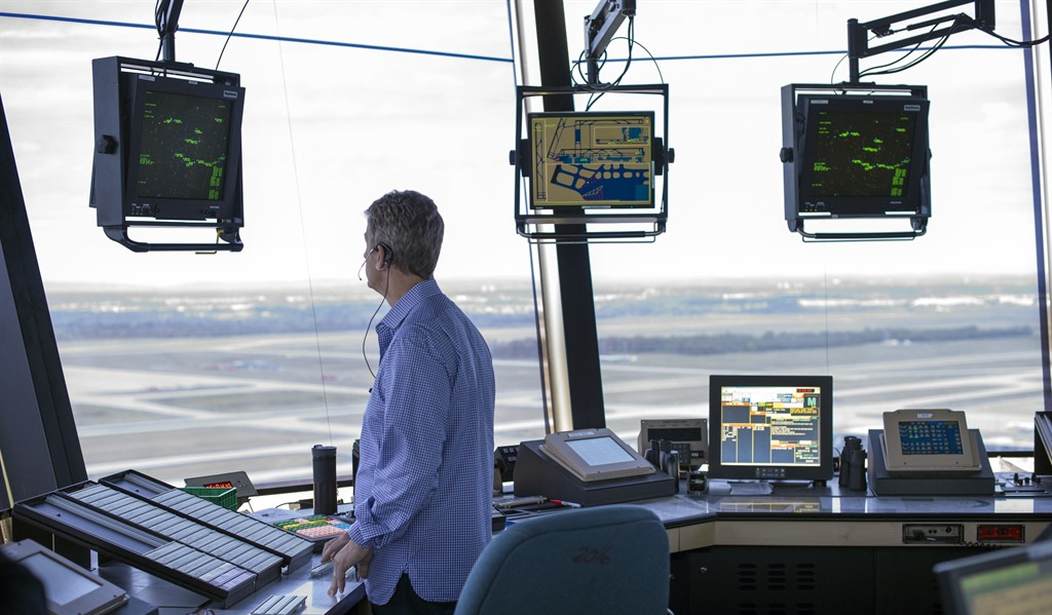Safe and reliable transportation is an essential lifeline of any modern economy. From the trains that whisk business travelers throughout the Northeast corridor and move freight throughout our country to our network of highways that allow people and goods to move freely from coast to coast, America would not be what it is today without these important arteries of commerce.
Equally important is the role that airlines and air cargo plays in fueling the American economy. A recent study found the airline industry helps drive $1.5 trillion in U.S economic activity and more than 10 million American jobs. When one considers its impact on the broader economy through increased connectivity, trade and enhanced mobility of people, cultures, goods and ideas, commercial air travel has an outsized impact on American industry.
Shipping goods by air has transformed business by effectively shortening the distances between goods and consumers. Airlines now carry on average 58,000 tons of cargo per day and have helped facilitate the rise same-day and next-day delivery services. These services, such a big part of e-commerce today, have in turn fueled the rise of a new generation of small business entrepreneurs who rely on the internet and the ability to quickly get goods to their customers to make their living.
As the only rapid worldwide transportation network, reliable air transportation is also essential for conducting global commerce. As a leader in the Black business community, we work to empower and sustain African American communities through entrepreneurship and capitalistic activity both within the United States and via interaction with the Black Diaspora. Connecting with our affiliates in places as far flung as Botswana and Ghana or even closer to home in the Bahamas and Brazil simply would not be possible without a reliable airline industry.
But all these benefits may be at risk if we do not soon modernize our antiquated air traffic control systems. Air traffic controllers currently rely on outdated and inefficient control and monitoring systems to keep America flying and the effects are starting to show.
Recommended
Increasingly crowded skies are putting additional strain on a system that already lacks resiliency and redundancy. The Federal Aviation Administration (FAA) is now responsible for over 44,000 flights every day and for the first time ever in 2018 domestic airlines flew over one trillion revenue passenger miles. Given the tight operational environment, even minor problems can cause cascading, system-wide issues.
This is causing unnecessary delays and costing billions of dollars annually. In 2018 alone travel delays cost an estimated $28 billion in direct costs to passengers, airlines, and airports. This figure, while quite large, fails to consider the billions more in indirect and opportunity costs to businesses for everything from lost productivity to missed meetings. The good news is that there is a solution, and it comes at a fraction of the cost of these delays.
The Next Generation Air Transportation System or NextGen is the Federal Aviation Administration’s (FAA) plan for modernizing our aging air traffic control systems. NextGen is not one fix but a series of system wide upgrades that would implement cutting edge technologies such as machine learning and artificial intelligence and apply it to current flight and weather data to eliminate delays, runway circling and delays on the tarmac. This would save time and create a much more energy-efficient system less susceptible to political influence.
Unfortunately progress on these upgrades is woefully behind. While Congress has been focusing on crafting a $2 trillion infrastructure bill – that would focus primarily on roads and bridges, water projects and the power grid – they have allowed FAA funding to languish.
Despite the urgency of these upgrades, Congress cut the FAA’s budget by $549 million in the most recent funding bill. What little money the FAA can count on has been put into grants to improve safety and capability at key airports across the country, but the fact of the matter is with steady funding, the FAA would be able to do much more.
There is an intrinsic value that the speed and connectivity of air travel provides and that no other existing transportation mode can match. America’s airspace is vital to its economic success and investments to modernize the FAA need to be made now to keep America’s businesses moving and will ensure the preservation of our greatness.
Harry C. Alford is the Co-Founder, President/CEO of the National Black Chamber of Commerce ®

























Join the conversation as a VIP Member